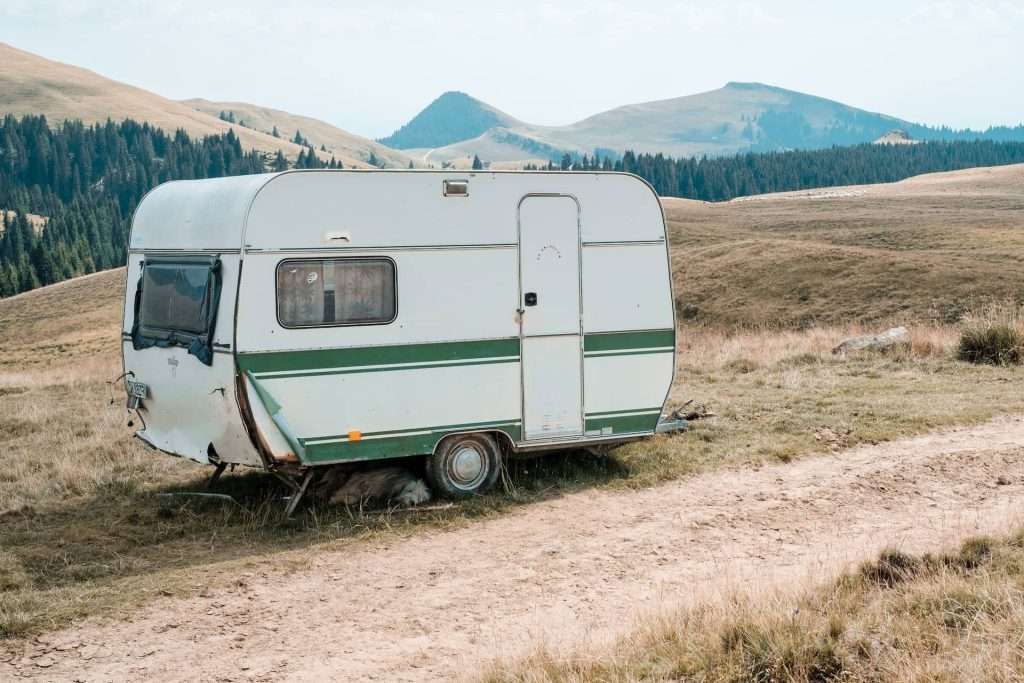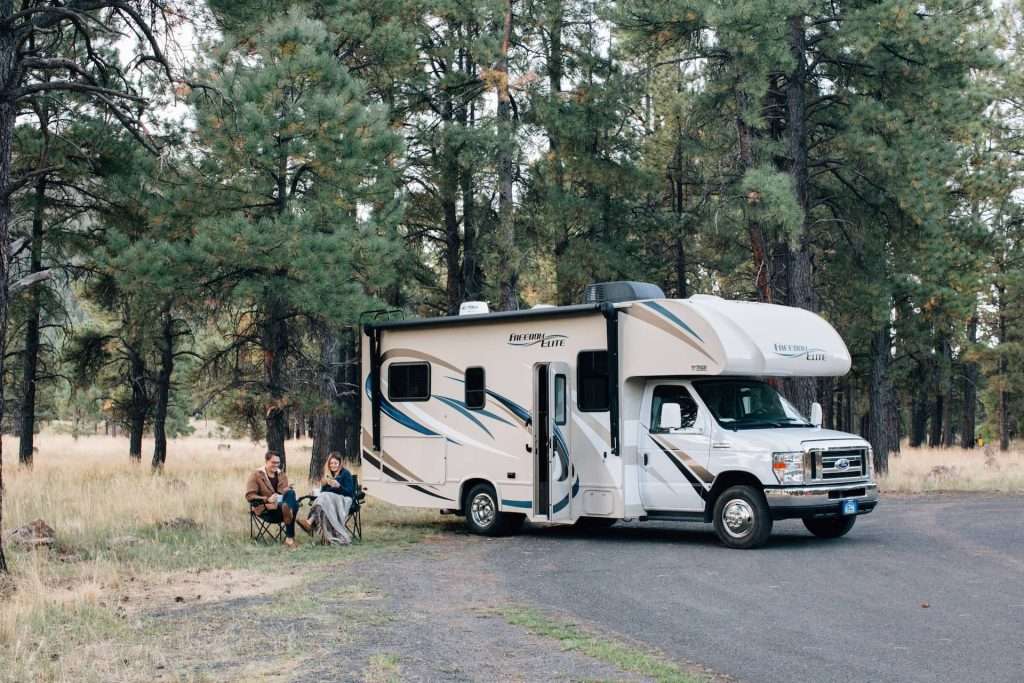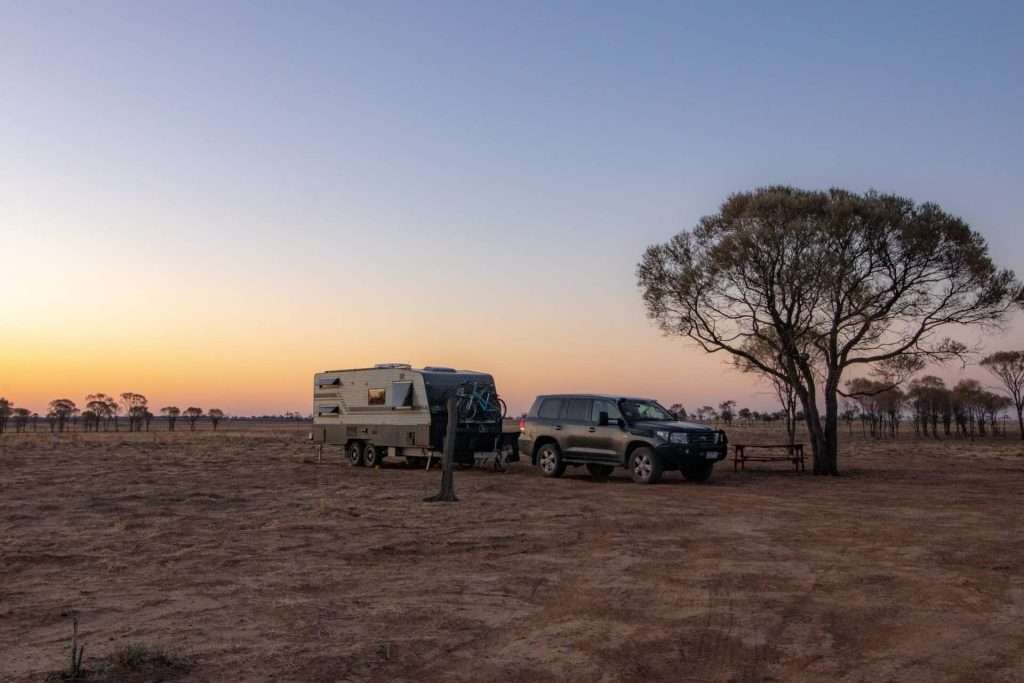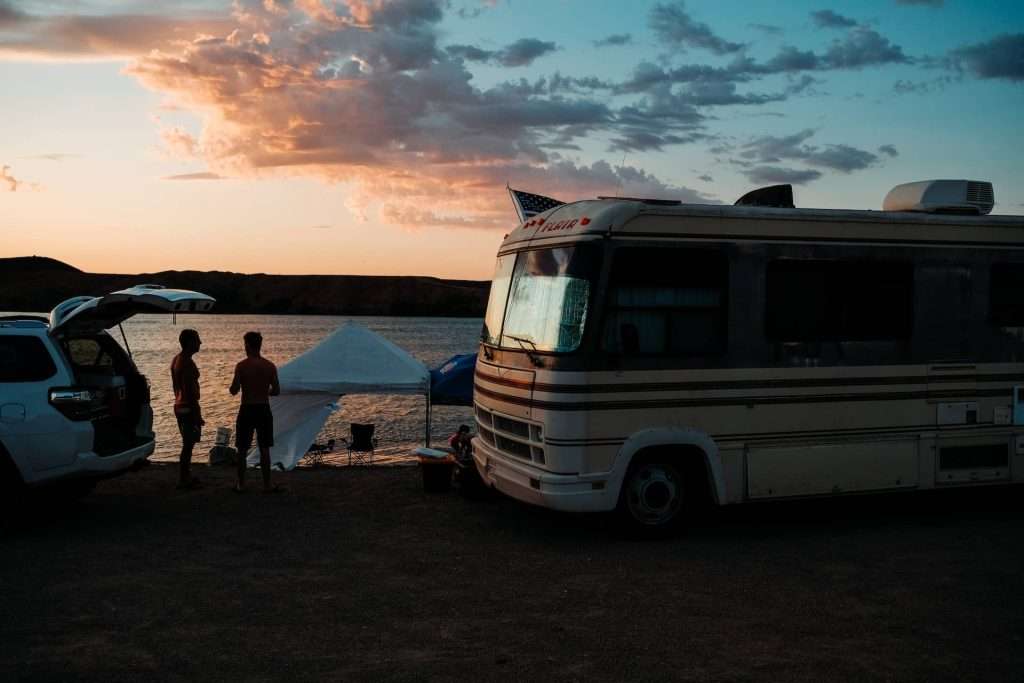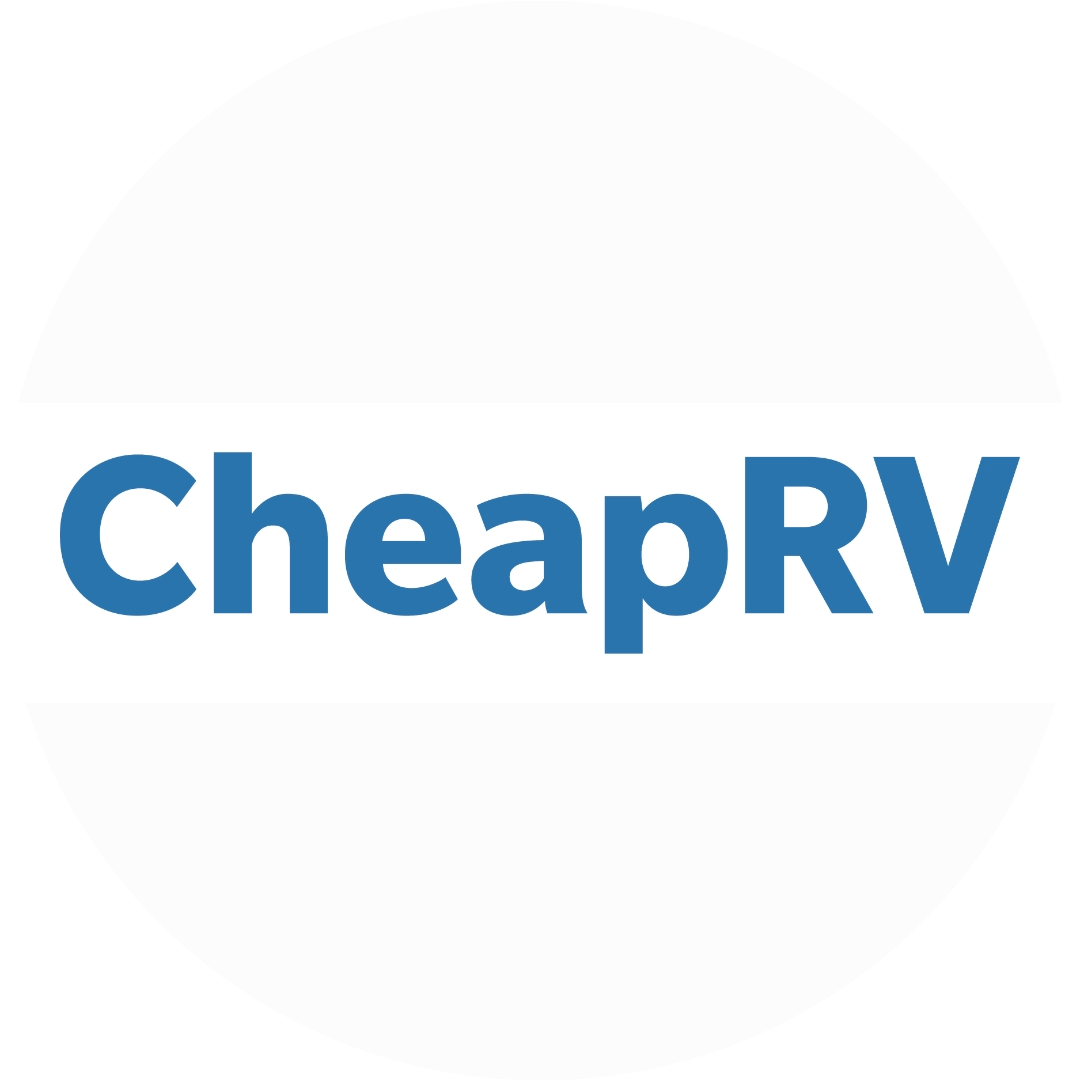
How To Start An RV Park In Florida
When I first considered learning how to start an RV park in Florida, I was met with a wave of questions and uncertainties, from legalities to logistics.
Florida, with its endless sunshine, inviting beaches, and a culture that celebrates the great outdoors is an attractive location for potential RV park owners. Knowing how to start an RV park in Florida could be your ticket to tap into the state’s thriving tourism industry and cater to the numerous RV enthusiasts looking for their next haven.
In this article, we will navigate through the essential steps, considerations, and tips for starting a successful RV park in the Sunshine State, ensuring that you’re equipped with all the knowledge to turn this dream into a profitable reality. Whether you’re a real estate mogul looking for a new venture or an individual with a love for the RV lifestyle, understanding how to start an RV park in Florida is the beginning of an exciting journey.
Legal And Regulatory Requirements For Starting An RV Park In Florida
At the core of understanding how to start an RV park in Florida is gaining comprehensive knowledge of the legal and regulatory requisites. Navigating these requirements is pivotal to ensuring that your venture begins on a compliant footing and avoids future legal hurdles. As you embark on the journey of how to start an RV park in Florida, here are the essential legal and regulatory areas you must familiarize yourself with:
Legal And Zoning Requirements
Before securing a location for your RV park, it’s imperative to check the local zoning regulations. Not every piece of land in Florida is zoned for such use. Depending on the county and municipality, there will be specific areas where RV parks are permitted. You may also need to present a site plan that indicates the layout, amenities, and utilities, which local authorities will review before granting approval.
Permits And Licenses
Acquiring the necessary permits and licenses is a critical step when learning how to start an RV park in Florida. These may include:
- Development Permit: Before any construction begins, you may need a development permit. This assures the local governing body that your RV park meets certain safety and infrastructure standards.
- Business License: To operate any business in Florida, including an RV park, you will require a business license. The specifics can vary between counties, so always check local requirements.
- Health Department Permit: Given that you’ll likely have public restrooms, showers, and possibly a pool, a health department permit is crucial. Regular inspections may also be part of the agreement to maintain this permit.
Environmental Regulations
Florida is known for its rich biodiversity and unique ecosystems. Hence, when exploring how to start an RV park in Florida, you must be conscious of state and federal environmental laws. For instance, if your desired location is near a wetland or protected habitat, there might be strict guidelines on construction and wastewater disposal. It’s beneficial to carry out an environmental impact assessment to understand potential implications and to design the RV park in a way that minimizes environmental disruption.
In summary, understanding the intricate legal and regulatory landscape is fundamental when determining how to start an RV park in Florida. Seeking advice from professionals, like lawyers and town planners, can further ease the process and ensure that all requirements are met.
Researching And Planning How To Start An RV Park In Florida
Venturing into how to start an RV park in Florida is not just about securing a piece of land and setting up amenities; it necessitates meticulous research and strategic planning. To successfully launch your RV park, a deep understanding of the market, potential locations, and your target audience is indispensable. As we dive deeper into how to start an RV park in Florida, let’s unpack these key areas that form the foundation of a well-informed business strategy:
Market Research
Before any concrete steps are taken, it’s paramount to conduct market research. This includes analyzing:
- Competition: Understand what other RV parks in your desired area offer, their pricing structures, and their occupancy rates. This gives insight into market saturation and potential gaps you can fill.
- Demand Trends: Monitor the popularity of RV travel in Florida, seasonal changes in RV traffic, and emerging RV-related preferences. This can guide decisions on park size, amenities, and marketing strategies.
Factors To Consider When Choosing A Location
The mantra “location, location, location” holds true when exploring how to start an RV park in Florida. Essential factors include:
- Proximity to Tourist Attractions: Being close to beaches, national parks, or other tourist hotspots can boost your park’s appeal.
- Accessibility: Ensure the location is easily accessible by main roads, especially for large RVs, which might struggle with narrow or winding routes.
- Existing Infrastructure: A location with some pre-existing infrastructure, like water and electricity supply, can reduce initial setup costs.
Target Demographics
To tailor your RV park to the right audience, you must define your target demographics:
- Age Groups: While retirees might prefer serene locations with basic amenities, younger RV enthusiasts could be looking for family-friendly parks with recreational activities.
- Length of Stay: Some RV travelers might be passing through and need just an overnight stay, while others might be looking for longer-term spots. Offering a mix of both can diversify your customer base.
- Budget Range: Catering to both luxury seekers and budget travelers can optimize occupancy but ensure your park’s amenities match the expectations of your target price range.
In essence, the process of learning how to start an RV park in Florida should be rooted in thorough research and judicious planning. By grasping the market dynamics, selecting an optimal location, and understanding your target clientele, you position your RV park for a prosperous future in the Sunshine State.
The Infrastructure And Amenities That Your RV Park Will Offer
Central to how to start an RV park in Florida is the design, infrastructure, and amenities that set your venture apart and ensure guest satisfaction. These components form the backbone of your park, ensuring not only functionality but also enhancing the overall experience of your guests. As you plan how to start an RV park in Florida, considering the following facets will be instrumental:
Utilities And Hookups
These are the lifeblood of any RV park, as they cater to the basic needs of the RV traveler.
- Electricity: Providing varied amp hookups (like 30-amp and 50-amp) can cater to different RVs.
- Water: Ensure a steady and clean water supply, with proper pressure, for every slot.
- Sewage: Reliable sewer hookups or dump stations are essential, keeping in mind the environmental regulations mentioned earlier.
- Wi-Fi: In today’s digital age, providing strong and consistent Wi-Fi access is almost as essential as traditional utilities.
Design And Layout
A well-thought-out design can optimize space, reduce traffic congestion, and enhance aesthetics.
- Spacing: Ample space between RV slots ensures privacy and ease of maneuverability.
- Landscaping: Trees, gardens, and green spaces can enhance the natural appeal and provide shaded areas.
- Roads and Pathways: They should be wide enough for large RVs, well-lit for safety, and paved or graveled to reduce dust and mud.
Additional Services And Amenities
These features can elevate the guest experience and set your RV park apart from the competition.
- Laundry Facilities: A necessity for long-term travelers, offering washers and dryers can be a significant draw.
- Pools and Recreational Areas: Especially in Florida’s warm climate, a swimming pool or even a small splash area for kids can be a major attraction. Coupled with barbecue pits, playgrounds, or communal gathering spots, they enhance the vacation feel.
- Convenience Store: Stocking basic supplies, snacks, and RV essentials can offer added convenience to guests.
- Pet Amenities: Considering many RV travelers may have pets, providing a dog park or pet-washing station can be an attractive feature.
FAQs
Are RV parks profitable in Florida?
Yes, RV parks can be profitable in Florida, especially considering the state’s favorable climate, year-round tourist attractions, and the growing popularity of RV travel.
When investigating how to start an RV park in Florida, it’s important to consider factors like location, amenities offered, and effective management to ensure profitability. With the right business model, competitive rates, and high-quality services, an RV park can generate a significant return on investment, tapping into Florida’s rich tourism market.
How many RVs can you have per acre in Florida?
When determining how to start an RV park in Florida, one crucial aspect is understanding the density regulations. While specific numbers can vary based on local zoning and land-use regulations, on average, you might be able to accommodate around 10-15 RVs per acre, given that you account for driveways, utility hookups, amenities, and landscaping.
However, always check with local authorities and county regulations to get an accurate figure for your chosen location. Proper spacing ensures not just regulatory compliance but also a comfortable and pleasant experience for guests.
Final Thoughts
Embarking on the journey of starting an RV park in Florida is an exciting venture, promising both challenges and rewarding experiences.
Florida, with its sun-kissed shores, diverse attractions, and a burgeoning community of RV enthusiasts, offers a fertile ground for such a business. However, as with any significant endeavor, understanding how to start an RV park in Florida requires a blend of thorough research, strategic planning, and a deep appreciation for the unique needs of RV travelers.
As you navigate through the various stages, from scouting locations to planning amenities, always keep the end goal in mind: creating a haven for travelers where they can park, relax, and explore the wonders of the Sunshine State. With dedication and insight, mastering how to start an RV park in Florida can lead you to a thriving business, making memories for countless adventurers.
